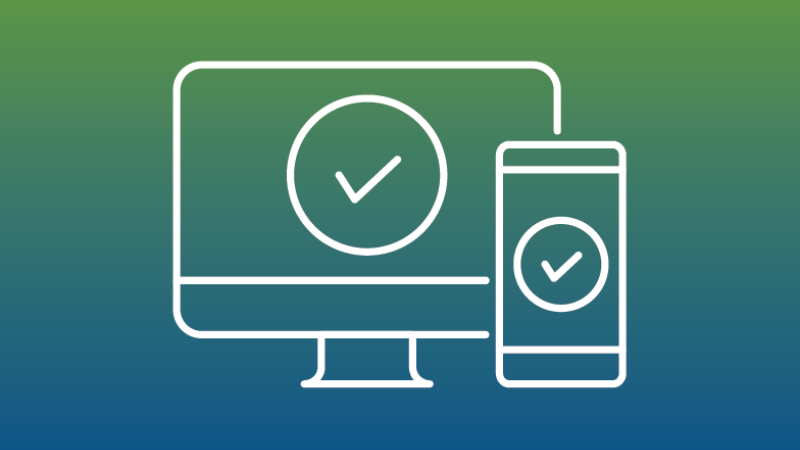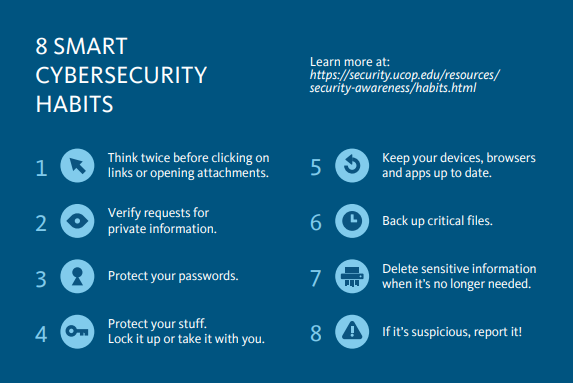To strengthen online security, businesses should implement robust cybersecurity measures and provide thorough training for employees. Regular updates and backups are also crucial for safeguarding digital assets.
Every business operating online is susceptible to a myriad of cybersecurity threats that can compromise data integrity, client trust, and overall operational stability. Protecting your digital landscape is not a one-off task, but a continuous effort that requires strategic planning and execution.
A well-rounded introduction to online safety encompasses understanding the threats, enforcing strong protection protocols, and cultivating a culture of security awareness among all team members. Staying ahead of potential vulnerabilities demands diligence and adaptability in the face of evolving cyber threats. By prioritizing security at every level of the organization, from entry-level employees to the C-suite, companies can create a resilient defense against the ever-growing danger of online attacks.
The Cyber Threat Landscape
Businesses today face many online threats that can lead to costly breaches. Malware, including ransomware and spyware, often targets company systems. Phishing attacks trick employees into revealing sensitive information. Weak passwords can allow easy access to hackers.
Attacks can stop a business dead in its tracks. A single data breach can cost millions. It may include fines, legal fees, and lost trust. Customer data theft is a huge risk. It can destroy a business’s reputation.
| Threat | Risk | Potential Cost |
|---|---|---|
| Malware/Ransomware | System Lockdown | Fines, Recovery Costs |
| Phishing | Data Theft | Legal Fees, Loss of Trust |
| Weak Passwords | Unauthorized Access | Operational Disruption |
Building A Secure Foundation
Choosing the right security software is crucial for business safety. Many options exist, tailored for different needs. Research is key to select an option that fits company size and industry. It’s best to look for software with a robust feature set, including malware protection, firewall capabilities, intrusion detection, and secure authentication methods. Trusted reviews and expert recommendations help in this vital decision.
Keeping software up-to-date is not an option; it’s a necessity. Regular updates and patches close security holes and protect against new threats. It’s wise to enable automatic updates to ensure timely protection. Businesses should also have a policy for regular maintenance checks. This step greatly lessens the risk of security breaches.
Employee Training And Awareness
Businesses need to build a security-first mindset among employees. It’s crucial to educate staff on the risks of online threats. Consistent security training helps employees understand their role in safeguarding company data.
Understanding phishing scams forms a key part of employee education. Scammers often use fake emails or websites to trick people. Effective training should show how to spot these tricks. For instance, looking for strange email addresses or spelling mistakes can be a giveaway. Telling employees what to do if they suspect a scam is also vital.
Here’s a quick guide to recognize phishing:
| Sign | Action |
|---|---|
| Unexpected email requests | Verify with sender |
| Links in emails | Hover to check URL |
| Requests for sensitive information | Report to IT department |

Credit: www.facebook.com
Data Protection Strategies
Encryption is a shield for business data. It scrambles information to hide its meaning. This keeps data safe even if someone steals it. Businesses must encrypt sensitive files. Commonly used methods are SSL and AES. They help protect emails, files, and other data exchanged online.
Regular backups are key to prevent data loss. Backups should happen often. Both on-site and off-site backups are important. Cloud services can offer automated backup solutions. This ensures that data is safe even during a system failure or a cyber-attack.
Handling sensitive information needs care. Only certain people should access this information. Use strong passwords and update them often. Multi-factor authentication adds an extra layer of security. Teach all team members about safe data practices.
Monitoring And Response
Businesses must be vigilant in protecting their online environments. An Intrusion Detection System (IDS) acts as a powerful watchdog, tirelessly scanning for unusual activities or attacks on a network. With an IDS in place, companies receive alerts regarding potential threats, allowing for quick action to prevent data breaches.
Creating an Incident Response Plan is just as crucial. This plan outlines clear steps to take during a cyber incident. Effective plans allocate roles and responsibilities, ensuring fast and coordinated action. The goal is to minimize damage, restore operations, and maintain customer trust.

Credit: www.cisa.gov
Staying Ahead Of The Curve
Artificial Intelligence (AI) plays a key role in cybersecurity, helping businesses to detect and respond to threats swiftly. AI-driven systems can monitor network activity and detect anomalies that may signal a cyberattack. Machine learning algorithms adapt over time, improving the detection of potential threats.
Upcoming cybersecurity trends are crucial for businesses to keep data safe. The use of Zero Trust frameworks, where no user or device is trusted by default, is on the rise. Encryption methods are becoming more sophisticated, with quantum encryption providing stronger data protection. Furthermore, Blockchain technology is starting to be used to prevent data tampering.

Credit: www.pcmag.com
Conclusion
Securing a business online is imperative in our digital age. Employ robust cybersecurity measures and educate staff regularly. Embrace strong passwords and update systems often. Foster a culture of awareness and stay ahead of threats. Remember, a proactive stance on security drives business success and trust.

